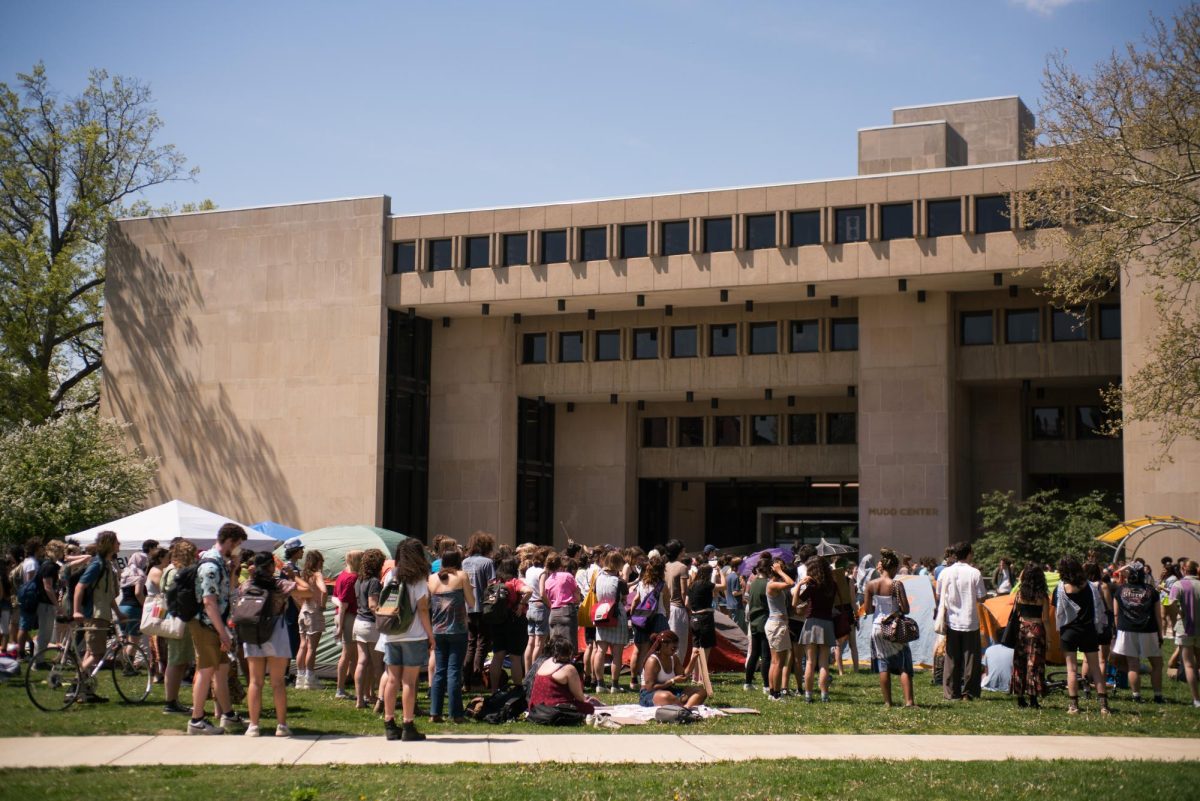Black authors are not being listened to by people who hold high positions in institutions and society in general. Black writers, educators, and scholars have continuously provided crucial critical engagement with political topics. They actively break down the current climate of our society even in the face of many people trying to silence them., But despite this, they’re often dismissed by people in higher positions of power or by those who believe their analyses are “too radical” or “insane” to be seen as factual. For example, many Black authors have an ability to recognize meanings that are often hidden in many classic literary works; they point out the discussion of identity and even injustice being represented in these works. But their comments are often overlooked or seen as absurd. Black authors also have been emphasizing that there have been discussions of identity, injustice, and politics for centuries; they do this to emphasize that there is a place for Black voices within the realm of literature and academia. In the midst of being pushed out of those conversations and communities, Black authors discuss the importance of visibility for Black individuals through their own writing. They make these issues known, appreciate oral tradition, and cultivate an inclusive community that can feel represented and understood.
Black authors make their work accessible to everyone in their communities even within the narrow sector of academia. Black writers often utilize Black English to expressively articulate topics such as politics, literature, history, etc. However, when utilizing this form of oral tradition, they are often excluded from discussions with other authors and scholars in academia due to the belief that the usage of the “informal language” means that they’re incapable of having these conversations. A lot of Black writers and scholars reject the status quo of what is accepted within academic, predominately white spaces by not shrinking their evolving stances to fit into what is accepted. In predominantly academic spaces, that is seen as “incompetent” and higher-ups go on to assume that Black writers don’t possess enough knowledge to be included in the conversation. The exclusion of Black authors within academia and conversations with other scholars is causing difficulty in making Black individuals more visible within society. The representations that Black writers create are contributing to more expansive visibility of Black people. Black authors are among the many writers, researchers, and scholars that openly put a name to the oppression Black people navigate on a daily basis, which allows for more awareness. Many academic spaces and other systems in power that actively try to silence these authors often don’t want to reflect on the world they live in or confront the fact that they enforced injustices apparent today.
In the present climate of the U.S., we see how the accessibility of works from Black authors, scholars, and academics is even more threatened. Now more than ever, their works are being pushed out of institutions, so it’s important to continue to immortalize their writing not only so that they’re not forgotten, but also because Black authors’ works discuss what we’re seeing today in the presidency and the oppressive systems within society. Authors like Octavia E. Butler, W.E.B. Du Bois, and Monique W. Morris all discuss the systems and institutions that oppress Black individuals. They continue to articulate the daily injustices and the apparent disproportionate effects that are often dismissed by many. However, it unfortunately causes their work to not be as visible in certain spaces. It was already difficult to openly discuss their work or even share their work. But now, whole departments that actively display Black scholars’ writing are under threat. This is because in much of their work they call for change but in a way that demands the restructuring of the society we live in. Many people don’t want to restructure a society that already benefits them or confront a history that reveals even more information about the oppressive systems within our society. So, as a way to suppress the specific philosophy surrounding disparities against Black people, institutions question Black authors’ capability and silence them.
Overall, Black authors are often challenged or tested by systems in power because they believe their methodology isn’t factually correct or reveals too much. Then, Black writers are left to go to immense lengths just to gain respect for their work. They have to answer absurd questions and go even more in-depth than they did in their writing just to advocate for their work. Even after doing all of this they’re also left having to deal with the pressure of regulating some of their speech. Specifically, when they’re around different individuals who disagree with the way they discuss topics such as politics and literary works. But Black authors somehow find the strength to stand firm in their beliefs, even while navigating systems that want to silence them. They take on the labor of both educating and representing sectors of history and individuals who are actively being erased.












